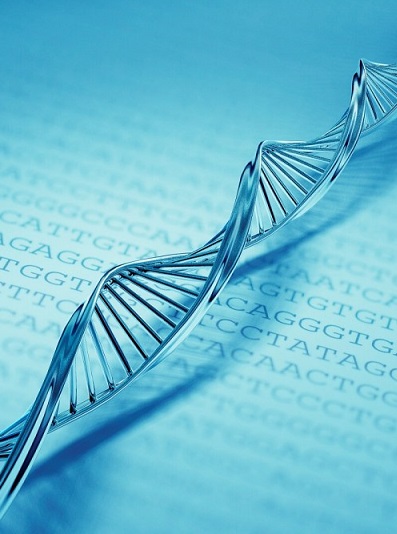DNA database tapped for disaster help
 Australia’s DNA database for police investigation is being expanded so it can help plot family lines after crime and disasters.
Australia’s DNA database for police investigation is being expanded so it can help plot family lines after crime and disasters.
The firm that runs the National Criminal Investigation DNA Database (NCIDD) says it is looking to upgrade the service to include ‘kinship matching’ a technique of identifying familial lines through genetic code. It could assist criminal investigations where families are involved, or help identify remains and alert families after disasters.
The company responsible for national information sharing services between the state, territory and federal police jurisdictions, CrimTrac, says kinship matching examines profiles to “establish biological relationships among individuals”. They say the approach will be used in the identification of unidentified human remains around the country.
Once they have exhausted all other viable leads, investigators will be able to search the the national database for genetic relatives of the remains using a specifically-designed index.
The cross-contamination and generally grim process of identifying human remains after disasters can be gruelling. The latest advances in DNA identification technology and protocols such as the proposed ‘relative search’ will help expedite the ghastly task.








 Print
Print